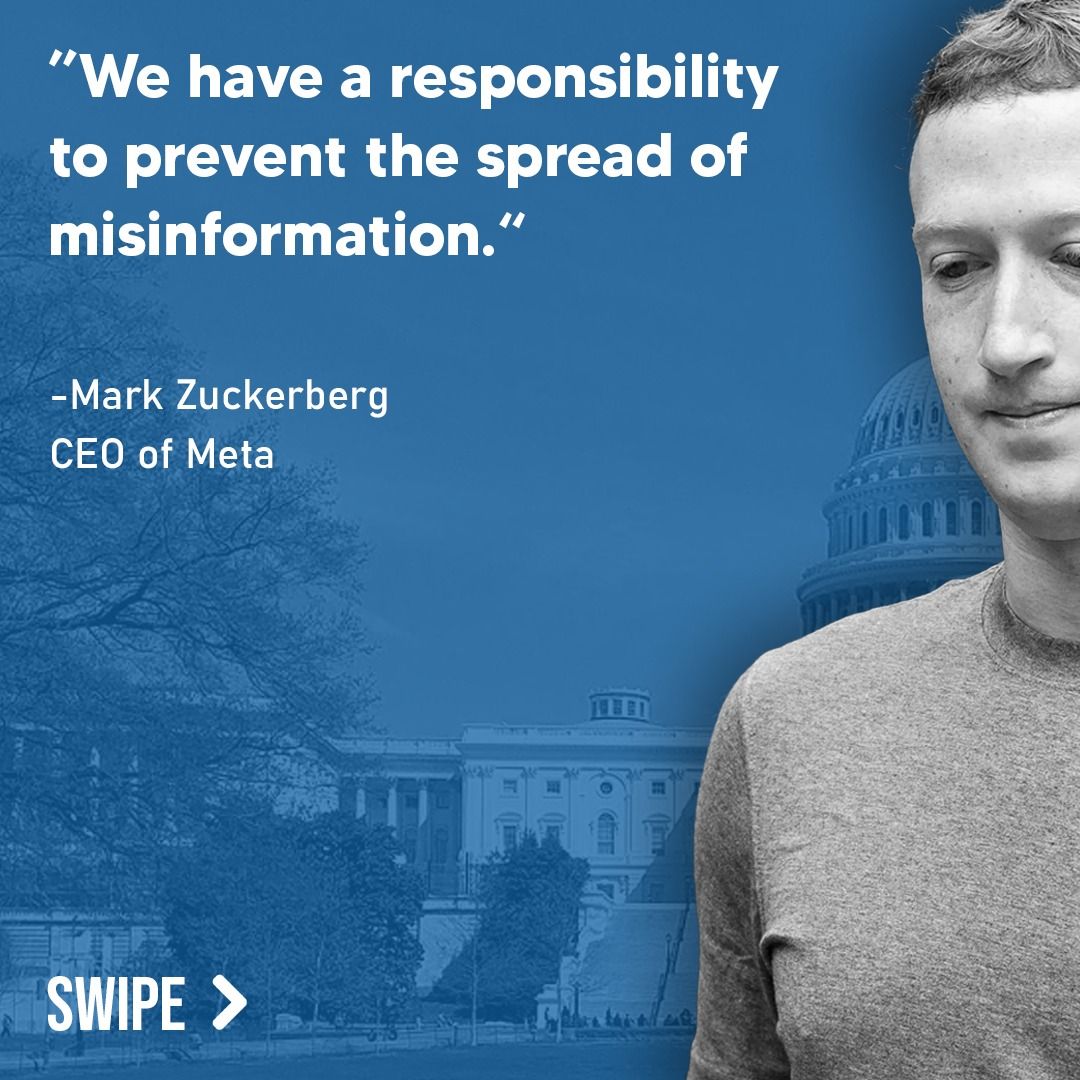Analyzing the Claims: Trudeau Says U.S. Consumers Will Pay More Due to Trump’s Tariffs
At DBUNK LLC, our goal is to shed light on misinformation and missing context in today’s complex media landscape. This analysis was submitted by one of our proactive subscribers, highlighting the importance of holding media narratives accountable. You too can submit articles for fact-checking on our platform. Here’s what we uncovered.

The Article in Question
The article, published on January 24, 2025, by the Associated Press (original link), covers Prime Minister Justin Trudeau’s remarks about tariffs threatened by former U.S. President Donald Trump. Trudeau argues these tariffs on Canadian goods will cause prices to rise for American consumers, while also discussing potential retaliatory measures from Canada.
Fact Check Findings
While the article captures key elements of the controversial tariff discussion, there are instances of misinformation, missing context, and unsupported claims that must be scrutinized for clarity and balance.
1. Trump’s “$200 Billion Trade Deficit” Claim – Unsupported and Misleading
The article mentions Trump’s statement: “We have a $200 billion trade deficit with Canada.” This claim is factually inaccurate. According to the U.S. Census Bureau, the actual U.S. trade deficit with Canada has hovered in the range of <$10 billion annually in goods, not anywhere near $200 billion. When services are included, the U.S. often runs a surplus with Canada. This exaggeration misleads readers by inflating the scale of the trade imbalance.

2. Trudeau’s Gas Price Forecast – Partially Accurate but Lacking Context
Trudeau references remarks from Alberta Premier Danielle Smith about U.S. gas prices potentially rising by more than $1 per gallon if tariffs on Canadian oil are implemented. While it’s true that the U.S. heavily relies on Canadian oil (approximately 24% of its daily consumption), fluctuations in gas prices cannot be solely attributed to tariffs. Oil prices are determined by a complex interplay of global supply chains, OPEC production levels, and other market forces. The claim lacks nuance and overstates the direct impact of tariffs alone.
3. Border Fentanyl/Drug Narrative – Missing Evidence
Trump’s statement implying massive amounts of fentanyl are coming through the Canadian border is not supported by available data. Canadian and U.S. agencies consistently report that the majority of fentanyl enters the U.S. via shipments from China or through the southern border with Mexico. Trudeau’s rebuttal, highlighting that less than 1% of illegal drugs entering the U.S. come through Canada, aligns with current data from the U.S. Drug Enforcement Administration. This serves as a critical correction to Trump’s claim, which perpetuates fear without evidential backing.

4. Consumer Impacts of Tariffs – Largely Supported, But Broad Statements Raise Questions
Trudeau’s assertion that “prices for American consumers on just about everything will go up” is not entirely unfounded but is also somewhat overstated. While tariffs typically result in higher consumer costs, the scope of this price increase varies by industry and product. For example, Canadian goods like aluminum and lumber might see significant price hikes, but other areas, such as critical minerals and metals, may experience less impact due to exemptions or alternative sourcing. Sweeping generalizations like this can lead to unnecessary public alarm.
5. Tone and Presentation – Potential Bias
The article subtly portrays Trudeau’s remarks as measured and strategic, while Trump is framed as inconsistent and erroneous. While Trump’s statements do include verified inaccuracies, the difference in presentation may lead to perceived bias. Balanced reporting requires equal scrutiny on the feasibility and logical coherence of both leaders’ claims.
Why Does Trump Think Tariffs Will Benefit the U.S.?
One of our users submitted a compelling question: “Why does Trump think tariffs on Canadian goods will benefit the U.S., even though they might make things more expensive for American consumers?”
Trump’s advocacy for tariffs is rooted in his “America First” approach to trade policy. He argues that imposing tariffs will incentivize American companies to source domestically produced goods, thus reducing dependence on foreign imports and stimulating U.S. manufacturing and job creation. However, economists largely argue that tariffs often backfire by increasing production costs, limiting consumer choice, and igniting trade wars, which can harm domestic industries in the long run. Case studies from Trump’s 2018 tariffs on steel and aluminum illustrate these points, as manufacturing job gains were offset by losses in tariff-affected sectors.
The Verdict
The article highlights key issues surrounding U.S.-Canada trade relations but includes notable inaccuracies, unsupported claims, and missing context in both Trump’s and Trudeau’s statements. Readers should approach the piece critically, recognizing the complex nature of international trade and the broader implications of tariff policies.
Our free-to-use DBUNK platform exists to empower users like you to stay informed and combat misinformation effectively. Let’s keep holding the media accountable—together!


